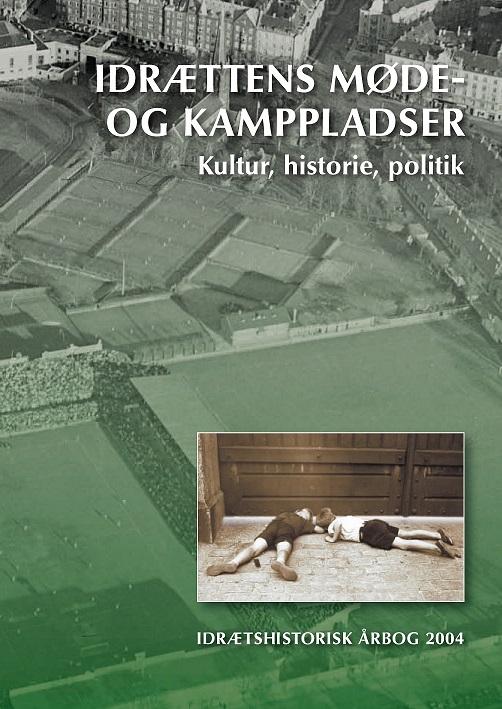Fra fritidsfornøjelse til markedsføring - Esbjerg Kommune og idrætten
DOI:
https://doi.org/10.7146/ffi.v20i1.31702Resumé
From leisure enjoyment to marketing – Esbjerg municipal and sport.
The city of Esbjerg was founded in 1873 as an extension of the establishment of the first export harbour on the west coast of Denmark. Between 1870 and 1901 the town’s population rose from about 500 to 13,300, and this explosive growth meant that all financial resources had to be devoted to building housing, roads and public institutions, not least schools for the newcomers’ many children. Esbjerg then grew throughout the 1900s into a modern city, which today has 82,000 inhabitants. The founding of the city coincided in time with the establishment of sport in Denmark, and the city’s first sports associations emerged between 1885 and 1900. After the First World War these associations grew both in number and in the range of clubs that were available for most known branches of sport. The Municipal’s attitude to sport can briefly be broken down into four phases: The first phase up until about 1918-19 was marked by the fact that all the Municipal’s energies were devoted to establishing an urban society, and that therefore if there was any support at all for sporting facilities it was only modest. The second phase from about 1920 to 1950 was characterised by collaboration between the Municipal and the amalgamation known as Esbjerg Idrætforbund (Esbjerg Sports Union). The first stadium was built in 1929 and during the following ten years sporting facilities were extended. The third phase from the end of the 1950s to about 1970 is a period marked by expansion with construction extending to new residential areas. At the same time the Sports Union became the Municipal’s partner in the administration of new laws on public support for youth and sports initiatives. The fourth and final phase to date made itself felt in the 1980s and 90s, when elite sport grew up alongside broader sporting practice. The Municipal continues its collaboration with the Sports Union, but now takes independent initiatives together with the elite clubs as a way to market Esbjerg as a modern city, setting up international prestige projects, for example, such as hosting the Youth Olympics in 1999.

